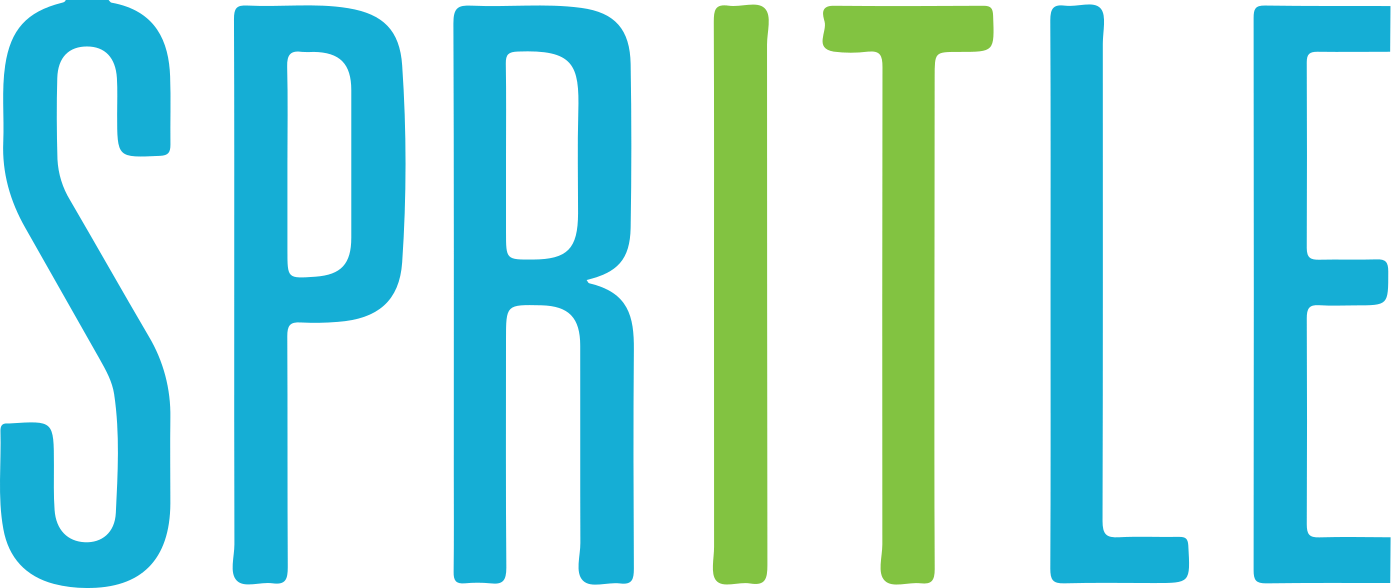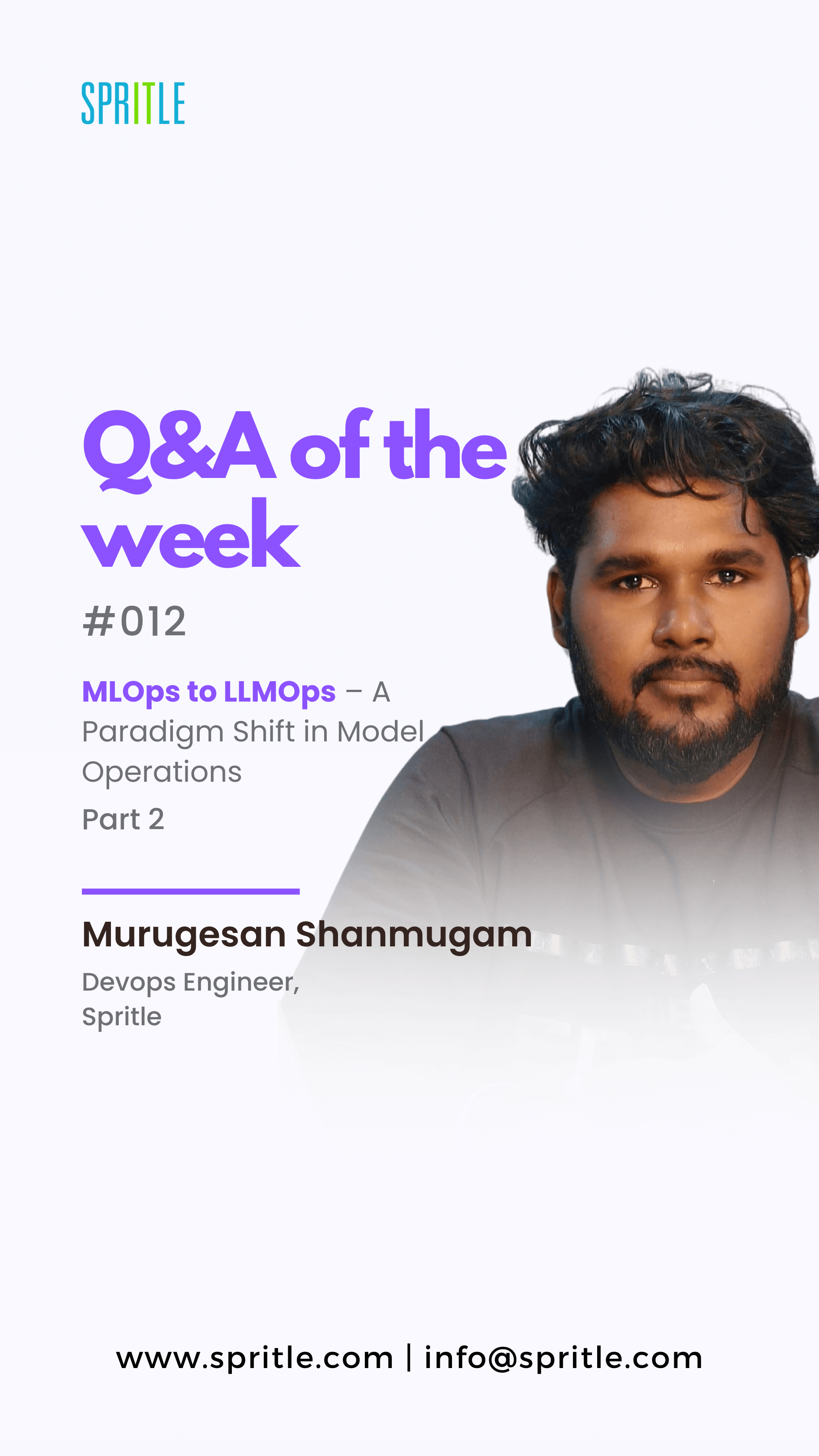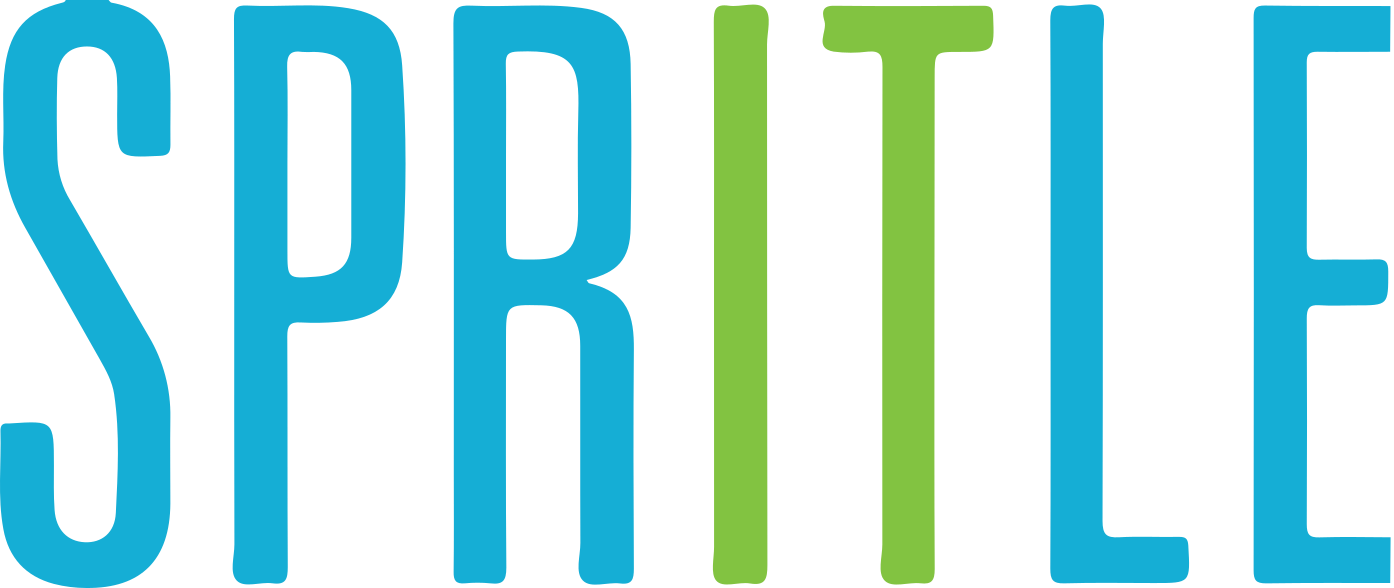Be part of this week’s “AI Q&A of the Week”💡 Got burning AI questions? We’ve got the answers! Explore the latest trends, smart strategies, and expert insights to lead the future of AI. Let’s dive in!
Question & Answer of the Week #012
SPOTLIGHT ON AI IN ACTION: Optimizing LLMs with LLMOps
Imagine running large language models (LLMs) efficiently at scale—no wasted resources, no delays.
LLMOps introduces:
- Cost Optimization: Techniques like pruning, distillation, and elastic scaling minimize resource use while maintaining accuracy.
- Real-Time Efficiency: Asynchronous processing, caching, and edge deployment ensure low-latency responses.
- Context Management: Smooth multi-turn interactions for conversational AI.
Discover how LLMOps revolutionizes scalability, cost-efficiency, and real-time AI performance.
MLOps to LLMOps: Are You Ready for the Next Big Revolution in AI? – Part2
Speaker : Murugesan Shanmugam – Devops Engineer
Question 3:
How does LLMOps help optimize the cost and efficiency of running large models at scale?
LLMs demand significant computational resources, making efficiency a top priority. LLMOps addresses this challenge with innovative techniques and infrastructure solutions:
- Model Optimization: Techniques like pruning, distillation, and quantization reduce model size and computational load while maintaining accuracy.
- Cost-Efficient Scaling: LLMOps supports multi-node deployments, serverless architectures, and resource sharing to minimize operational overhead.
Additionally, LLMOps enables elastic infrastructure, allowing models to dynamically adjust resource usage based on real-time demand. This ensures optimal performance while keeping costs in check.






